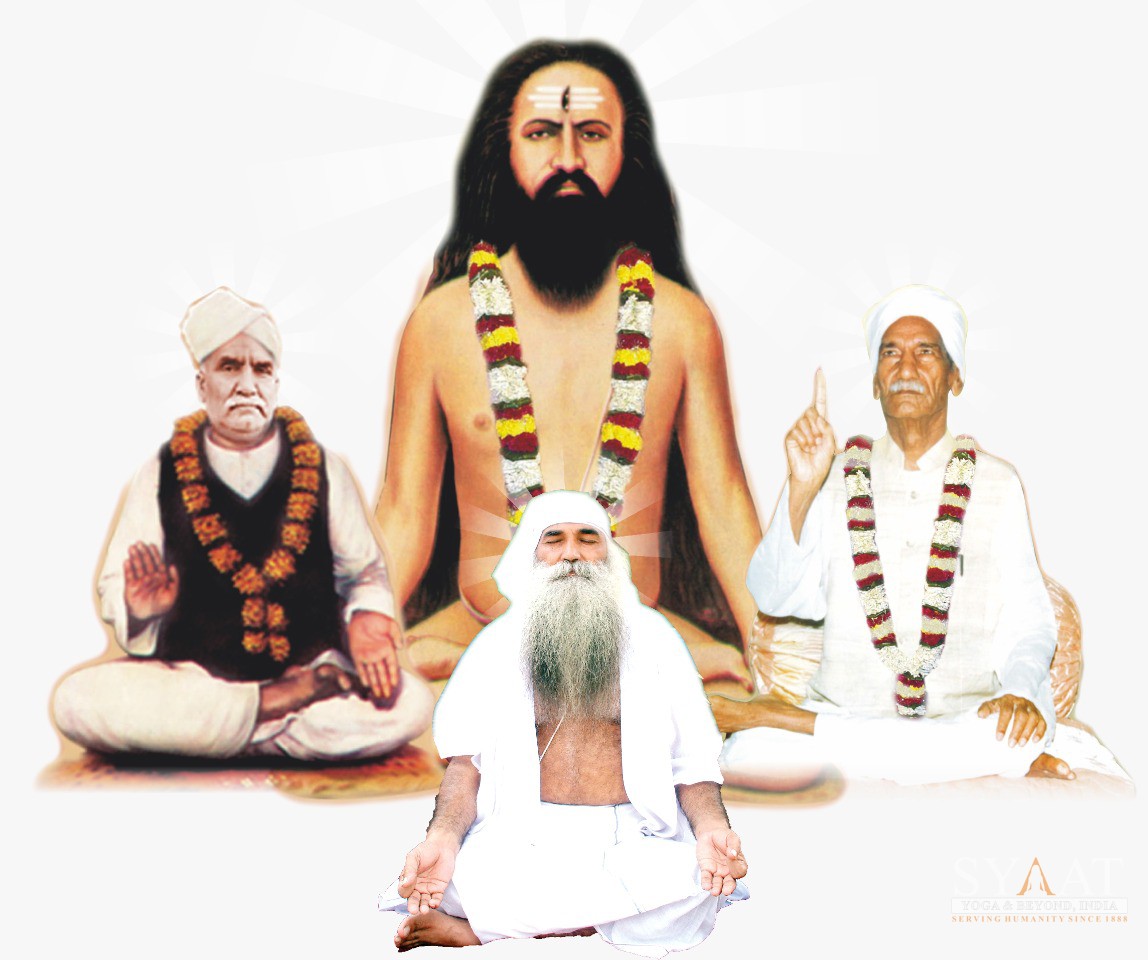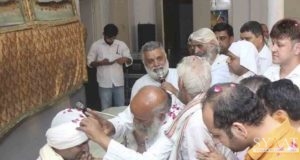Ashtang Yog (Hath Yog)
HATH YOG – THE SCIENCE OF PHYSICAL AND MENTAL CONTROL
Often called the “royal road” it offers a comprehensive method for controlling the waves of thought by turning our mental and physical energy into spiritual energy. Hatha Yogis also called Ahtanga Yog referring to the eight limbs leading to absolute mental control. The chief practice of Hatha Yogis meditation. It also includes all other methods which helps one to control body, energy, senses and mind. The Hatha-Yogi u ses Relaxation and other practices such as Yamas, Niyamas, Mudras, Bandhas etc.. to gain control of the physical body and the subtle life force called Prana. When body and energy are under control meditation comes naturally.
ASHTANGA – THE EIGHT LIMBS OF RAJA YOG
Compiled by the Sage Patanjali Maharishi in the Yog Sutras, the Eight Limbs are a progressive series of steps or disciplines which purify the body and mind, ultimately leading the yogi to enlightenment. These 8 limbs are:
Yamas – The Yamas or restraints (Don’ts) are divided into five moral injuctions, aimed at destroying the lower nature. They should all be practiced and developped by the letter but also more importantly in the spirit. They should all be practiced in word, thought and deed.
Ahimsa or non-violence
Satyam or truthfulness
Brahmacharya or moderation in all things (control of all senses). Also refers to celibacy
Asteya or non-stealing
Aparigraha or non-covetousness
Niyamas – The Niyamas or observances (Do’s) are also divided into five and complete the ethical precepts started with the Yama.. These qualities are:
Saucha or purity – this internal and external cleanliness.
Santosha or contentment
Tapas or austerity
Swadhyaya or study of the sacred texts
Ishwara Pranidhana which is constantly living with an awareness of the divine Presence (surrender to God’s Will)
Asanas – Postures
Pranayama – regulation or control of the breath. Asanas and Pranayama form the sub-division of Hatha Yogknown as Hatha-Yog
Pratyahara – withdrawal of the senses in order to still the mind.
Dharana – concentration. The last 3 steps constitute the internal practice of Raja Yog. When Dharana is achieved, it leads to the next step:
Dhyana – meditation is that state of pure thought and absorption in the object of meditation. There is still duality in Dhyana. When mastered Dhyana leads to the last step:
Samadhi – the superconscious state. In Samadhi non-duality or oneness is experienced. This is the deepest and highest state of consciousness where body and mind have been transcended and the Yogi is one with the Self or God.










